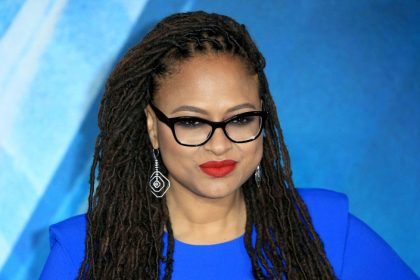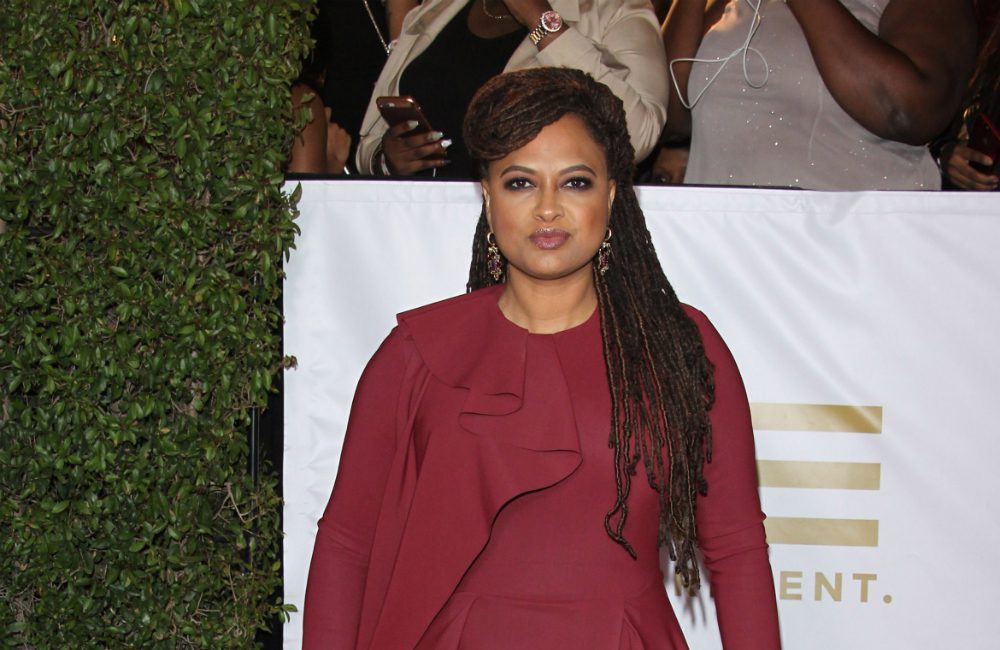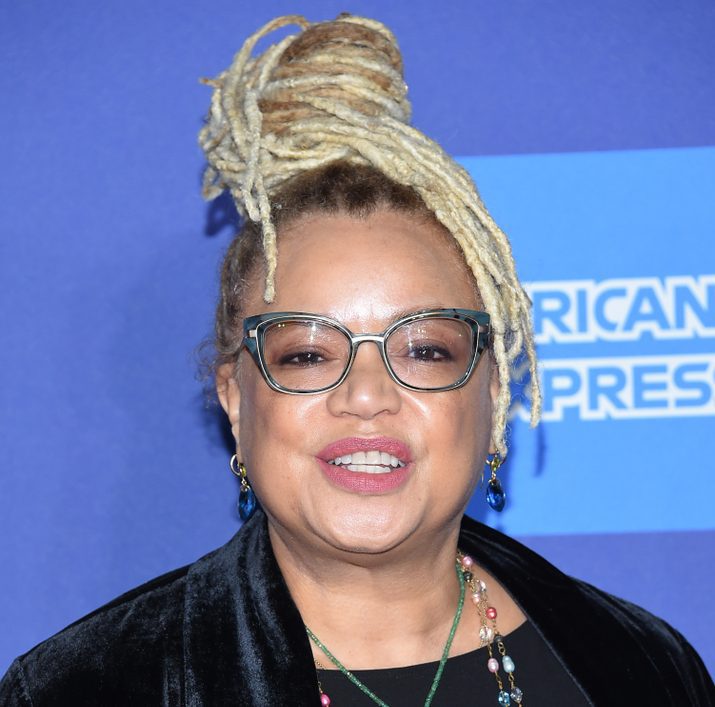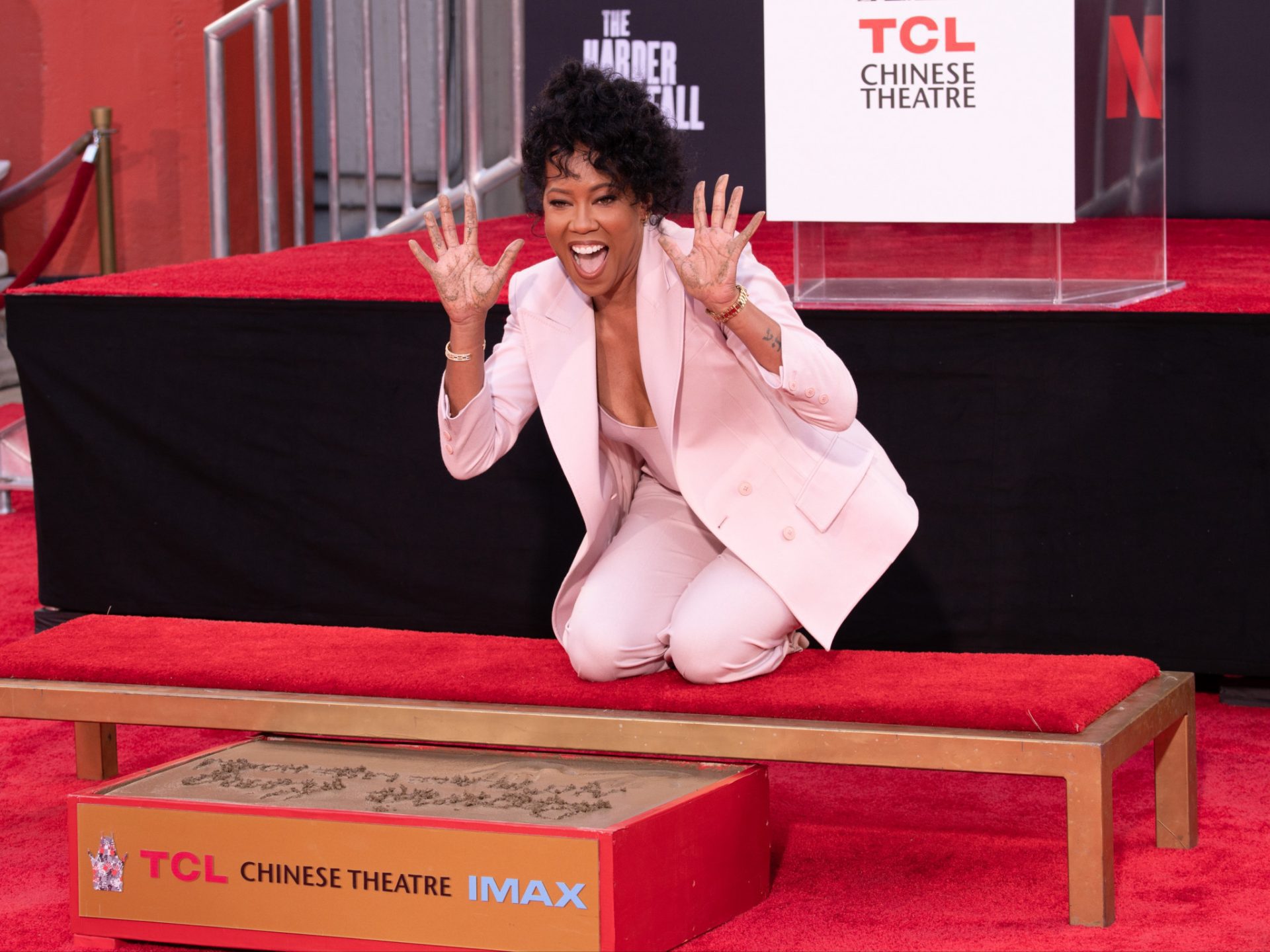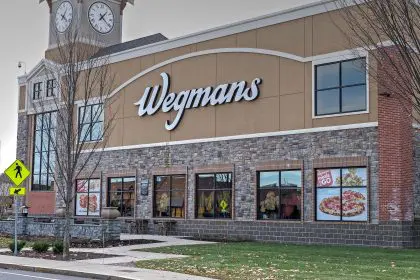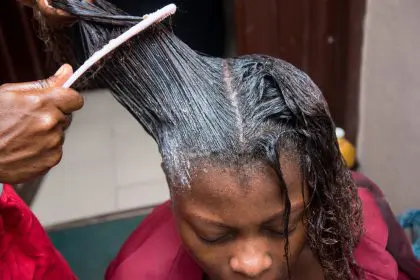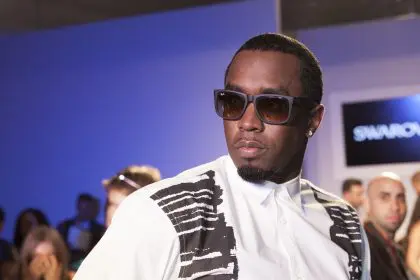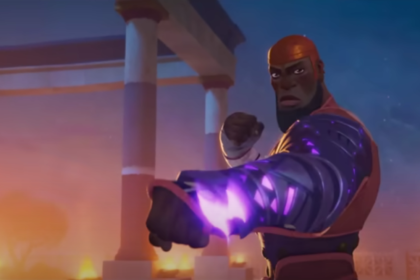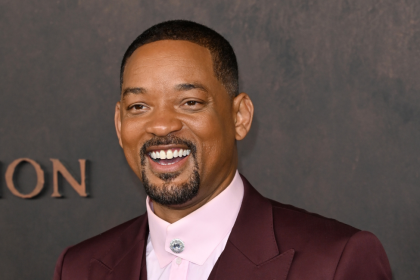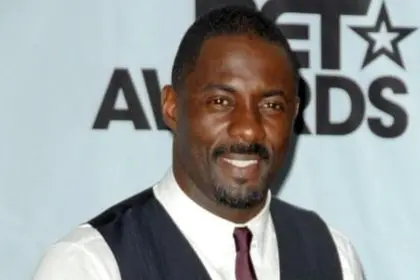
Ava DuVernay has been engaged in a secret labor of love for a long time, and she is now ready to deliver. Tickets are now available for The 13th―the director’s surprise documentary about race, criminalization, prison, and policing―which premieres September 30 and opens the New York Film Festival. Also debuting in theaters and via Netflix on October 7, The 13th takes its name from the amendment that abolished slavery “except as a punishment for crime.” The film explores criminalization as a form of slavery, from the Reconstruction-era to modern day police brutality.
DuVernay secretly worked on the film over the last few years. It is her third major work to deal with the subject matter. Her second feature, Middle of Nowhere, is about a woman coping with her husband’s imprisonment. Her current hit OWN series, “Queen Sugar,” features a character who’s six months out of jail. The film’s creative origin goes back to when DuVernay was a child in Compton.
“Even as a little girl, I’d always tell my mom two things,” DuVernay reportedly said in a recent interview. “Sometimes we’d pass by a place around the neighborhood and I’d say, ‘If I’m ever homeless, I’m going to put my sleeping bag and shopping cart there,’ like under the freeway pass. And I’d say if I ever go to jail, I’m going to try to bring this one thing…I saw homeless people and I saw people going to jail, so it’s always been on my mind.”
While mass incarceration has become a rare bipartisan issue in recent years, The 13th seeks to put the problem in a broader social and racial context that dates back to slavery.
“There are some real clear-cut, widely known, academically vetted cultural seeds that were planted way back that are blossoming now,” DuVernay says. “We can no longer say that prison is a place bad people go because it’s much more complicated than that.”
DuVernay grants that releasing The 13th in an election year is purposeful. Donald Trump is shown in the film, pledging that he’s the law and order candidate, embracing the kind of coded language long considered a dog whistle conjuring the country’s nascent racial division.
“What I hope it does is just change people’s minds,” says DuVernay. “If we all start to think about a social ill differently, it can change. And I know that to be true from the civil rights movement, the women’s movement, the LGBT movement.”
The film’s premiere will mark the first time a Black female director and a work of non-fiction has opened the festival.
“This film was made as an answer to my own questions about how and why we have become the most incarcerated nation in the world, how and why we regard some of our citizens as innately criminal, and how and why good people allow this injustice to happen generation after generation,” DuVernay said in a press release.

